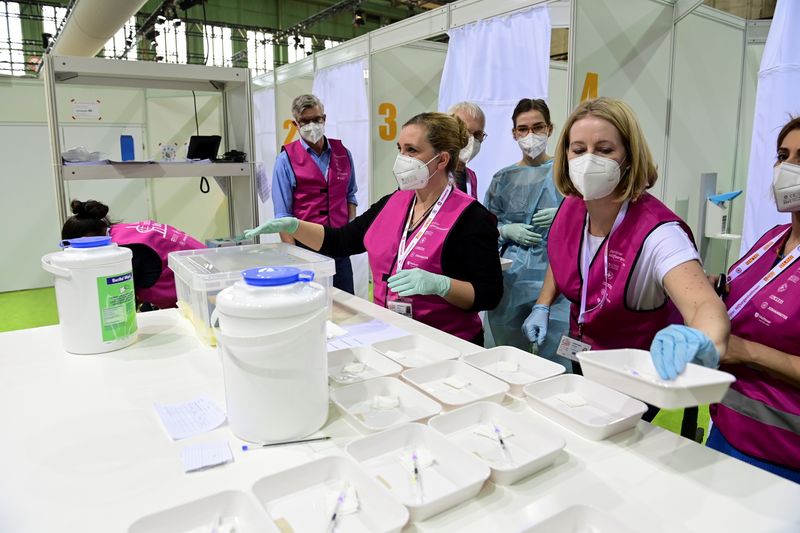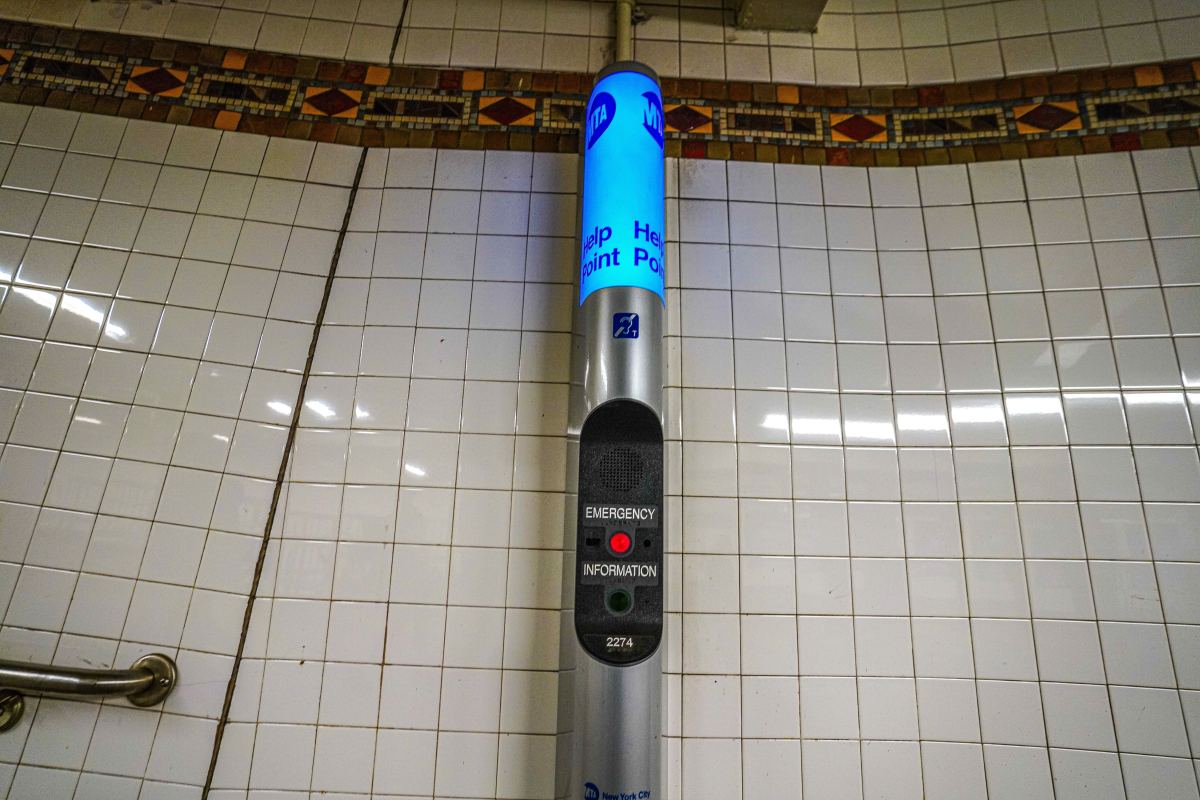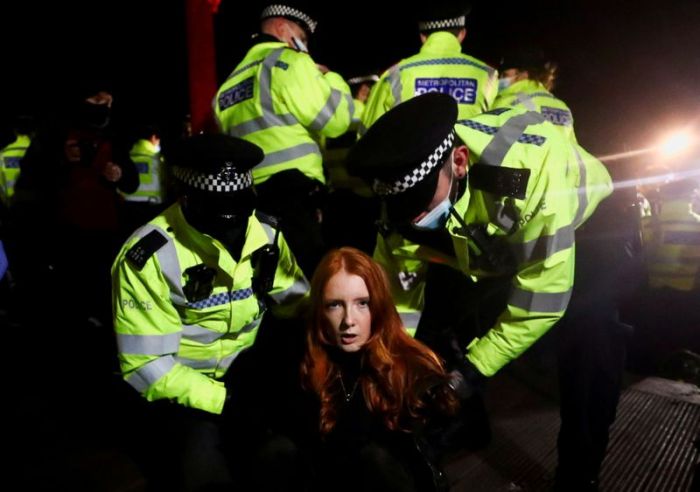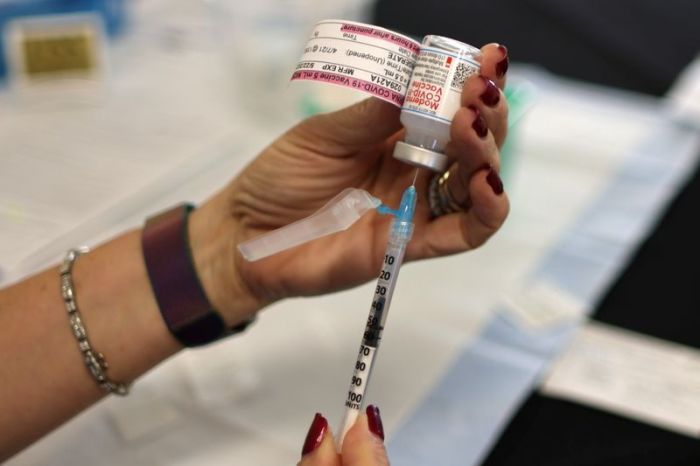BERLIN (Reuters) – Germany has suspended use of AstraZeneca’s COVID-19 vaccine, Health Minister Jens Spahn said on Monday, making it the latest of several European countries to hit pause following reports of blood coagulation disorders in recipients.
Spahn said the decision followed a recommendation from the Paul Ehrlich Institute (PEI), Germany’s authority in charge of vaccines, following newly registered cases of thrombosis, including three deaths.
“The decision today is purely precautionary. It is a purely technical and not a political decision. And that is why I am following the recommendation of the Paul Ehrlich Institute here,” Spahn said, adding that cases were very rare.
The PEI said in a statement that more instances of coagulation disorders had been reported following vaccination with AstraZeneca’s shot since Thursday.
The institute noted a “conspicuous accumulation” of cases of a very rare cerebral vein thrombosis together with lack of blood platelets known as thrombocytopenia and bleeding.
PEI President Klaus Cichutek said there were reports of seven people suffering cerebral vein thrombosis following vaccination and three of them had died.
“I think it’s justified to pause for a moment … in order to discuss these findings in a European context and to compare them with the European data,” Cichutek told ARD public broadcaster.
The European Medicines Agency (EMA) said on Friday that several cases of immune thrombocytopenia, a lack of platelets in the blood that can lead to bleeding and bruising, had been reported under its vaccine safety monitoring process.
It added at the time it would assess reports of the condition after vaccines by AstraZeneca, Pfizer/BioNTech BioNtech and Moderna had been given.
Several EU countries have called a halt to the AstraZeneca vaccine after reports from Denmark and Norway of possible serious side-effects, including bleeding and blood clots.
Spahn said on Monday the outcome of the review was open and he was counting on the EMA to come to a decision and recommendation ideally this week.
The EMA has said that as of March 10, a total of 30 cases of blood clotting had been reported among close to 5 million people vaccinated with the AstraZeneca shot in the European Economic Area, which links 30 European countries.
PEI said people who were still feeling unwell four days after receiving a dose of AstraZeneca’s shot should immediately seek medical treatment.
Spahn said there have been seven reported cases after vaccination that could be related to cerebral vein thrombosis out of 1.6 million vaccinations in Germany.
Clemens Wendtner, head of infectious diseases and tropical medicine at Munich clinic Schwabing, said the background incidence, or normally expected risk, for this condition was two to five cases per 1 million individuals per year.
“This should be the reason to suspend the vaccination in Germany until all cases, including suspected cases in Germany and Europe, have been completely cleared up,” he added.
In Britain, where more than 11 million doses of AstraZeneca’s shot have been administered, only three such cases have been reported, government documents https://assets.publishing.service.gov.uk/government/uploads/system/uploads/attachment_data/file/968414/COVID-19_AstraZeneca_Vaccine_Analysis_Print.pdf show.
Karl Lauterbach, the main health expert of Chancellor Merkel’s junior coalition partner SPD, called the suspension a “big mistake” because it undermined trust in an urgently needed vaccine.
The health minister for the state of Thuringia called the decision to halt AstraZeneca vaccinations a disaster.
(Reporting by Thomas Escritt, Ludwig Burger and Caroline Copley; Editing by Nick Macfie, Jonathan Oatis and Richard Pullin)




















